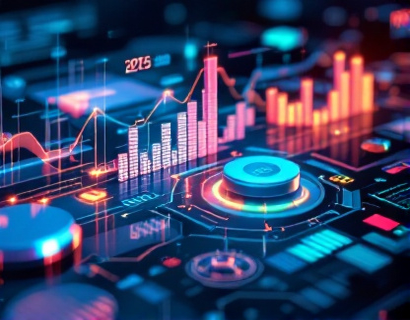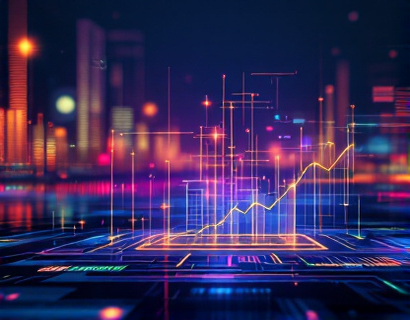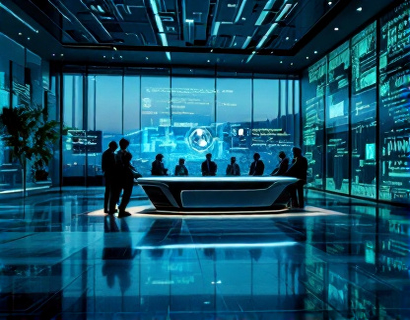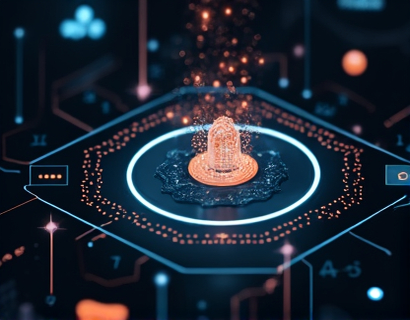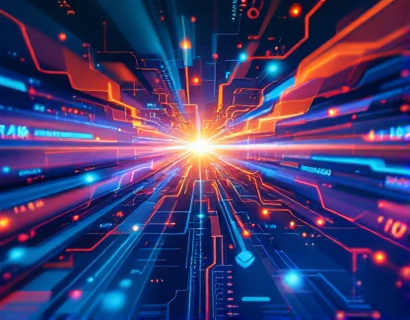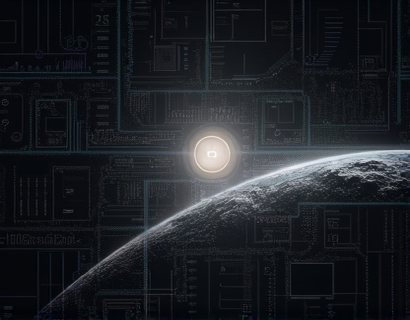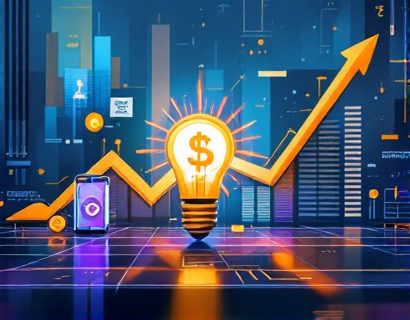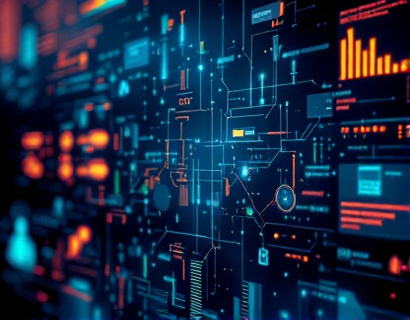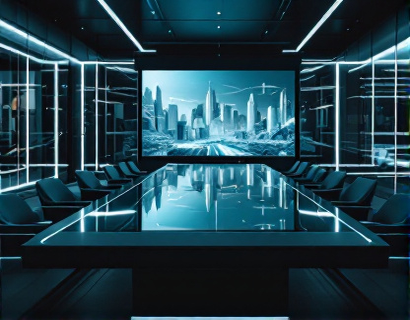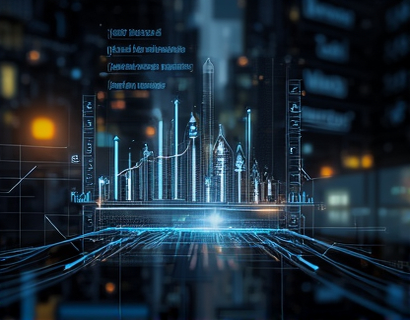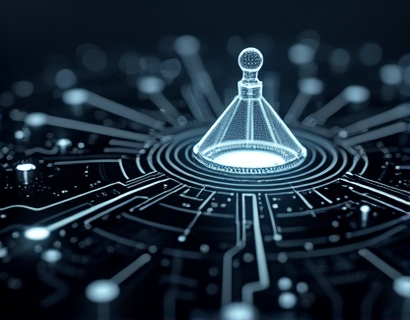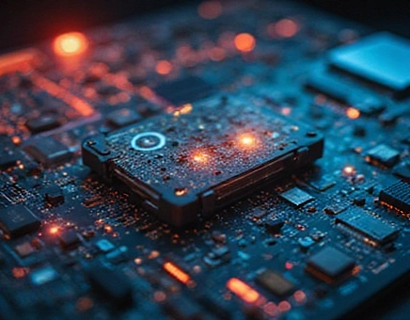Elevate Your Restaurant: Expert Management Software for Streamlined Operations and Enhanced Customer Experiences
In the competitive world of dining, restaurant owners and managers face numerous challenges daily. From managing staff schedules and inventory to ensuring seamless customer service, the tasks can be overwhelming. However, with the advent of expert management software, these challenges can be significantly mitigated. This software is designed to optimize operations and enhance customer experiences, streamlining workflows and communication to deliver exceptional dining experiences while boosting efficiency.
The primary goal of implementing such software is to create a more organized and efficient restaurant environment. By automating routine tasks and providing real-time data, restaurant management software helps owners and managers focus on what truly matters: providing an outstanding dining experience for customers. This article delves into the various ways expert management software can transform a restaurant's operations and customer interactions.
Streamlining Internal Operations
One of the most significant benefits of restaurant management software is its ability to streamline internal operations. Managing a restaurant involves numerous moving parts, and keeping everything in order can be a daunting task. Here are some key areas where the software makes a substantial difference:
- Staff Management: Scheduling, time tracking, and attendance management become effortless with the software. Managers can create and manage employee schedules, track hours worked, and generate payroll reports with ease. This not only saves time but also reduces errors and ensures compliance with labor laws.
- Inventory Control: Keeping track of inventory levels is crucial to avoid overstocking or running out of essential items. The software provides real-time inventory management, alerting staff when items need to be reordered. This helps maintain optimal stock levels, reduces waste, and ensures that menu items are always available.
- Financial Management: Managing finances is a critical aspect of running a restaurant. The software offers robust financial tools, including receipt scanning, expense tracking, and financial reporting. These features provide a clear overview of the restaurant's financial health, enabling better decision-making and budgeting.
- Reservations and Table Management: Handling reservations and table management can be streamlined with the software. Online reservation systems integrated with the software allow customers to book tables easily, while staff can manage seating arrangements and waitlists efficiently. This improves customer satisfaction and reduces no-shows.
By automating these tasks, restaurant staff can focus on providing excellent service, leading to a more harmonious and productive work environment. The software's user-friendly interface ensures that even staff with minimal technical skills can navigate and utilize its features effectively.
Enhancing Customer Experiences
Customer satisfaction is the lifeblood of any restaurant. Expert management software plays a pivotal role in enhancing customer experiences through various features that improve service quality and personalization:
Order Management: One of the most direct ways the software impacts customer experiences is through efficient order management. From taking orders to processing payments, the software ensures that every step is smooth and error-free. Digital menus and ordering systems allow customers to browse and place orders easily, reducing wait times and increasing accuracy.
Customer Feedback and Reviews: Collecting and responding to customer feedback is essential for continuous improvement. The software can integrate with review platforms to collect feedback directly, allowing managers to monitor and address customer concerns promptly. This proactive approach demonstrates a commitment to quality and customer satisfaction.
Loyalty Programs: Implementing a loyalty program can significantly enhance customer retention. The software makes it easy to set up and manage loyalty programs, tracking customer visits and rewards. Personalized offers and discounts based on customer preferences can be sent through the system, fostering a stronger connection with regular patrons.
Tablet Ordering and Self-Service Kiosks: Providing customers with self-service options through tablets or kiosks can greatly enhance their dining experience. These devices allow customers to browse menus, place orders, and make payments at their convenience, reducing the need for constant waiter intervention and minimizing wait times.
Improving Communication and Collaboration
Effective communication and collaboration among staff are vital for the smooth operation of a restaurant. Expert management software facilitates better communication and teamwork through several features:
Real-Time Notifications: The software can send real-time notifications to staff regarding important updates, such as schedule changes, special requests, or urgent tasks. This ensures that everyone is on the same page and can respond quickly to changing situations.
Task Management: Assigning and tracking tasks is simplified with the software. Managers can create tasks, set deadlines, and assign them to specific staff members. This helps ensure that all responsibilities are clear and that tasks are completed on time.
Communication Channels: Integrated communication tools, such as chat features or message boards, allow staff to communicate seamlessly. This is particularly useful for coordinating during busy periods or when staff are spread across different areas of the restaurant.
By fostering better communication and collaboration, the software helps build a more cohesive and efficient team, ultimately leading to a better dining experience for customers.
Data-Driven Decision Making
One of the most powerful aspects of restaurant management software is its ability to provide data-driven insights. By collecting and analyzing data from various operations, the software offers valuable insights that can inform strategic decisions:
Sales Analysis: Detailed sales reports help managers understand which menu items are performing well and which are underperforming. This information can be used to adjust menu offerings, promotions, and pricing strategies to maximize profitability.
Operational Efficiency: The software can track key performance indicators (KPIs) such as average ticket size, table turnover, and labor costs. By monitoring these metrics, managers can identify areas for improvement and implement changes to enhance overall efficiency.
Customer Insights: Analyzing customer data, including preferences, visit frequency, and feedback, provides valuable insights into customer behavior. This information can be used to tailor marketing efforts, personalize offers, and improve the overall customer experience.
Data-driven decision making ensures that restaurant operations are based on factual insights rather than assumptions, leading to more effective and strategic management.
Conclusion
Expert management software is a transformative tool for restaurants looking to elevate their operations and customer experiences. By streamlining internal processes, enhancing customer interactions, improving communication, and providing data-driven insights, the software helps restaurants achieve higher levels of efficiency and satisfaction.
While the initial investment in such software may seem significant, the long-term benefits far outweigh the costs. From reduced labor expenses and minimized waste to increased customer loyalty and higher revenue, the returns on investment are substantial. As the dining industry continues to evolve, embracing expert management software is not just a strategic advantage but a necessity for success.



